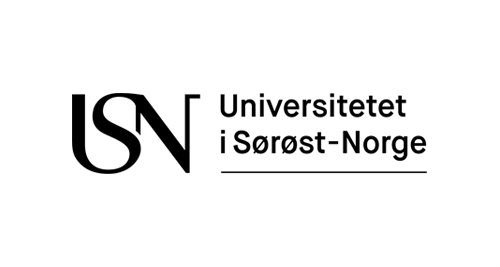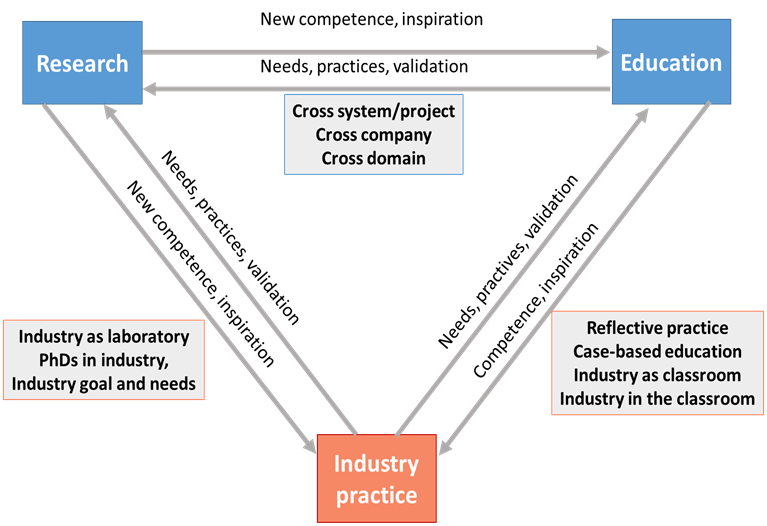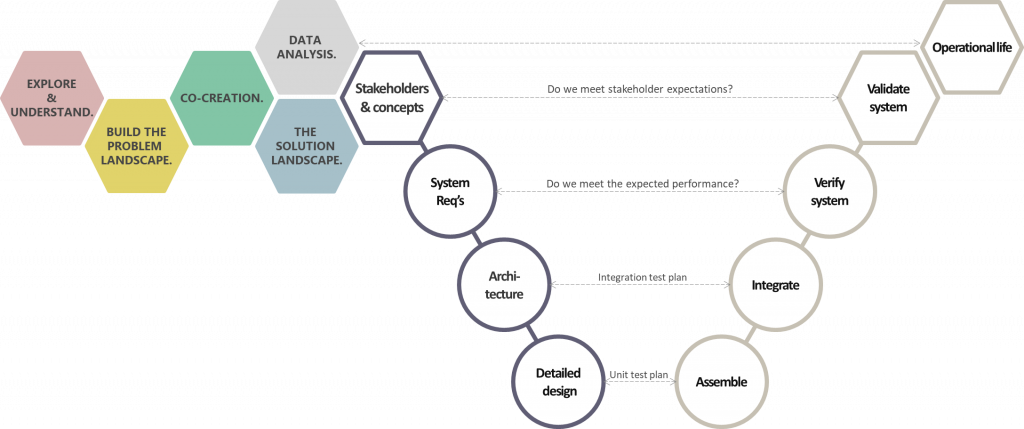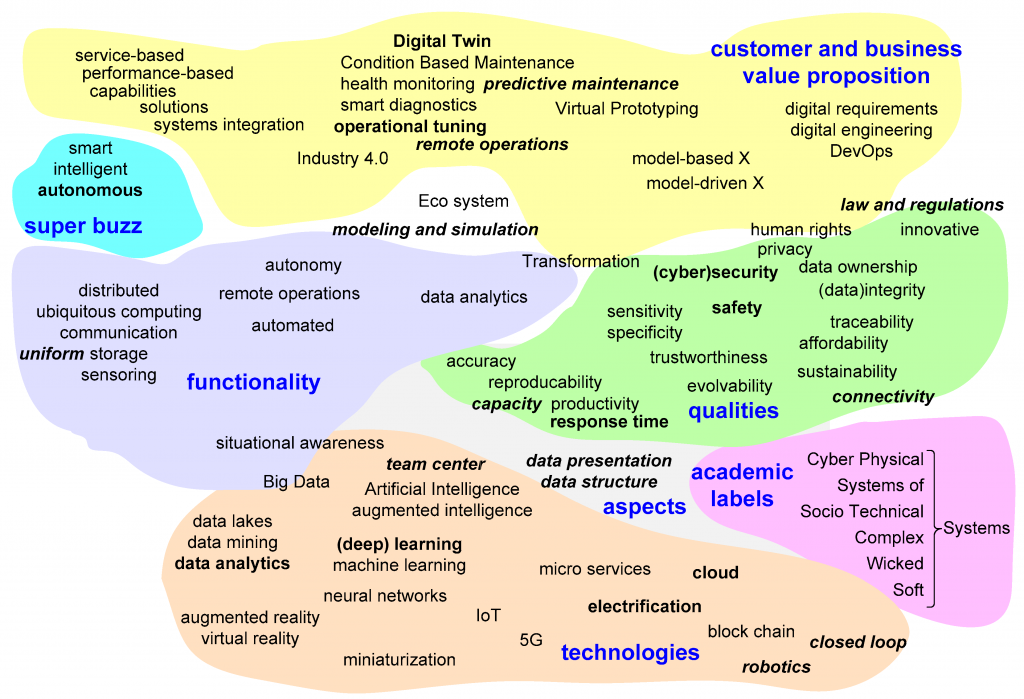
With an “industry as laboratory” approach, H-SEIF documents, validates and transfers knowledge and supports engineers working on the realization of industrial systems. Industry partners tell us about their needs, share their practices, and is used as a laboratory to validate our findings. This collaboration results in practical, industry-relevant solutions.

Through the H-SEIF project, USN has achieved several significant milestones:
1. Supervised 20 master’s theses and 2 PhD theses, hired two post-doctoral researchers/academics in close collaboration with the industry, and published 20 academic papers.
2. Acquired and validated tacit knowledge, enriching our curriculum and benefiting future students.
3. Fostered a direct connection between academic research and real-world industry problems and solutions.
4. Explored and validated practical methods that combine engineering, design, and data science system methodologies through collaboration with AHO and industry.
5. Developed a framework that enables a systems approach to understand stakeholder needs early in projects, prioritize and balance different product drivers, and foster cross-disciplinary collaboration among engineers.
6. Contributed to the International Systems Engineering Body of Knowledge (SEBoK). Our work aligns with the International Council on Systems Engineering (INCOSE)’s vision to infuse data science techniques into systems engineering practice by 2035.
7. Investigated the use of conceptual modelling and data analysis to enable practitioners to make sense of data.
These achievements underline our commitment to bridging the gap between academia and industry, fostering innovation, striving for excellence in research, and preparing our students for the future of systems engineering.

Figure: The Systems Engineering V model

Figure: The digitalization buzzword cloud, created in a set of successive brainstorms.
From: Razbani, O.; Muller, G.; Kokkula, S.; Falk, K. Enhancing Competency and Industry Integration: A Case Study of Collaborative Systems Engineering Education for Future Success. Systems 2023, 11, 463. https://doi.org/10.3390/systems11090463
